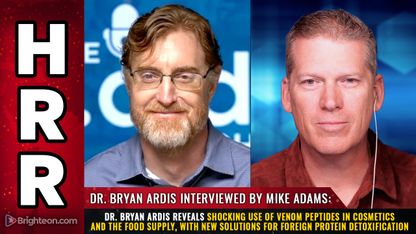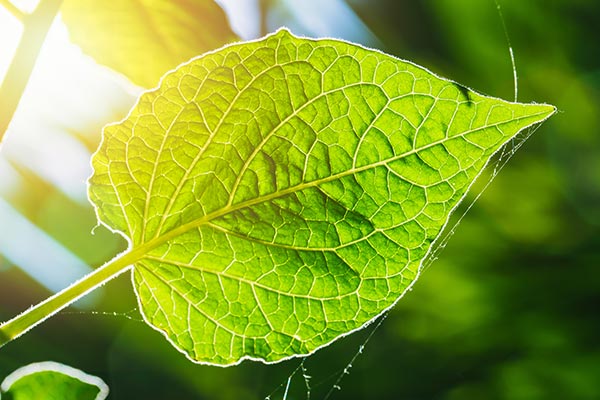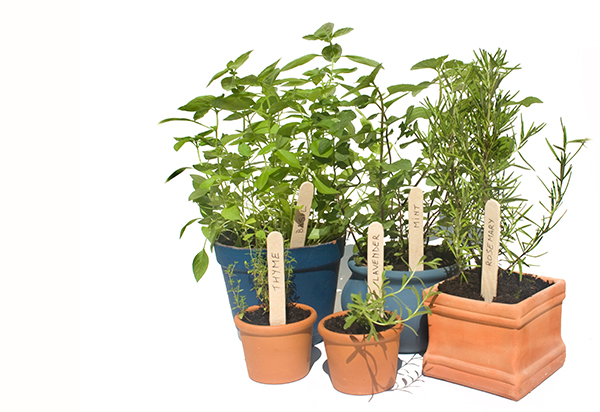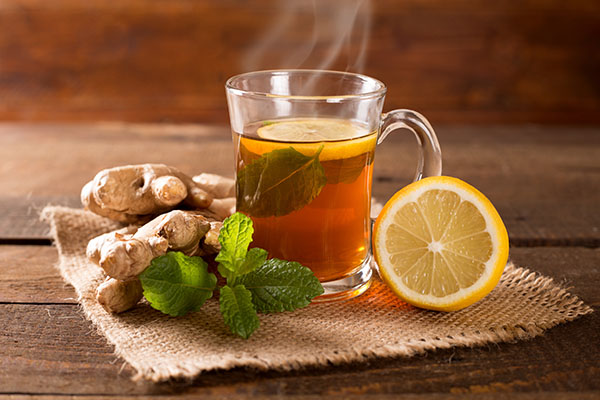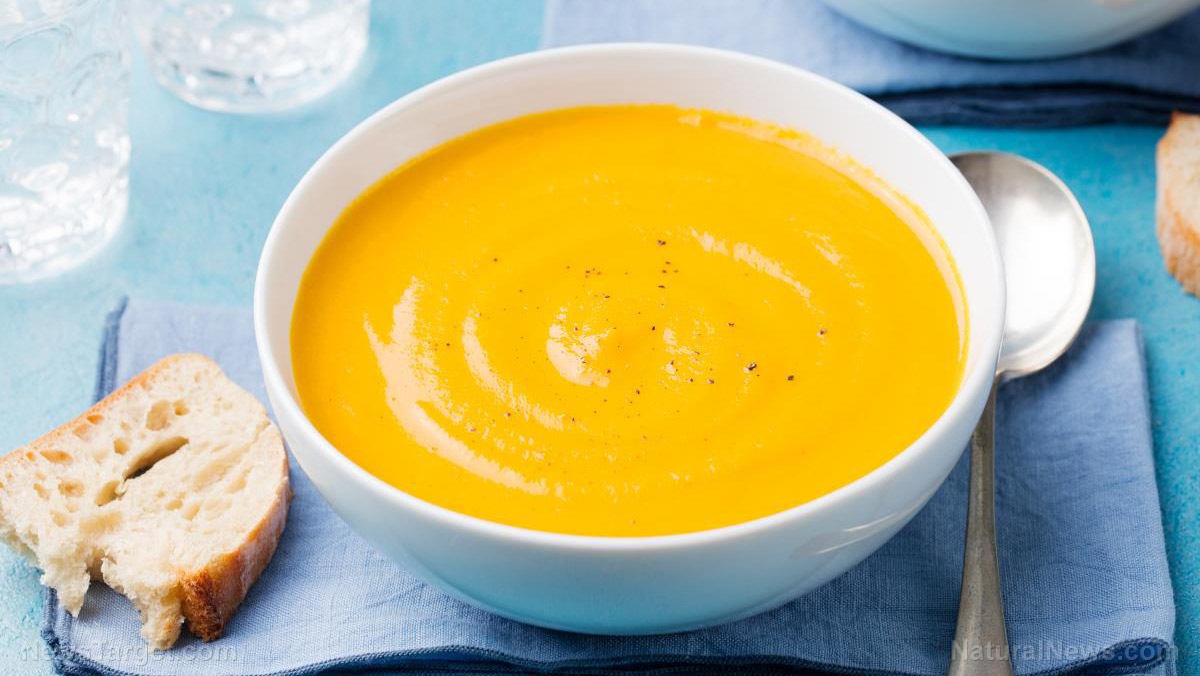
Pumpkin seeds, leaves and juice are also full of nutrients.
Health benefits of pumpkin
Pumpkin offers amazing benefits, including being one of the best-known sources of beta-carotene, the powerful antioxidant that gives orange vegetables and fruits their vibrant color. Your body converts ingested beta-carotene into vitamin A.
Studies show that pumpkins can do the following:
Prevent age-related eye problems
Pumpkins are full of beneficial antioxidants. The vitamin C, vitamin E and beta-carotene in pumpkins can support eye health and prevent degenerative damage in older adults.
In 2019, the National Eye Institute conducted a clinical trial called the Age-Related Eye Disease Study (AREDS). The results of the study suggested that high doses of vitamin C, vitamin E and beta-carotene are associated with a significantly reduced risk of age-related macular degeneration (AMD).
Regulate blood pressure
Pumpkins contain dietary fiber, potassium and vitamin C that all support heart health.
Results of a 2017 study involving 2,722 volunteers revealed that consuming enough potassium could be as important as decreasing sodium in the treatment of high blood pressure (hypertension), which is a risk factor for cardiovascular disease (CVD).
Reducing sodium intake involves preparing meals that contain little or no salt.
According to the National Institutes of Health (NIH) Office of Dietary Supplements, consuming more potassium may also reduce the risk of other types of CVD. (Related: Grapefruit found to help reduce high blood pressure.)
Prevent diabetes
If you have diabetes, incorporating pumpkins into your diet may help control your condition and blood sugar levels.
The results of a 2019 study suggest that a combination of two plant extracts, one of which was pumpkin polysaccharides, helped bring down the blood sugar levels in mice.
While the study did not involve humans, the findings suggest that pumpkin compounds may have some potential to protect against Type 2 diabetes.
Reduce cancer risk
The results of a 2016 study suggest that there is a connection between a diet rich in beta-carotene and tumor suppression in prostate cancer.
The results of a 2014 cross-sectional study also showed that beta-carotene slowed the development of colon cancer in a Japanese population.
Provide various vitamins and minerals
According to the United States Department of Agriculture’s (USDA's) Food Data Central database, one cup (245 grams (g)) of cooked, boiled, or drained pumpkin prepared without salt contains:
- 12 g of carbohydrate
- 2.7 g of fiber
- 1.76 g of protein
- 0.17 g of fat
- 0 g of cholesterol
- 49 calories (kcal)
Pumpkin also contains the following essential vitamins and minerals:
- Vitamin A
- Vitamin B6
- Vitamin C
- Vitamin E
- Folate
- Copper
- Iron
- Magnesium
- Manganese
- Niacin
- Pantothenic acid
- Phosphorus
- Potassium
- Riboflavin
- Thiamin
Pumpkins are also full of dietary fiber. The recommended intake of fiber is between 25 g and 38 g per day for adults.
Fiber helps slow the rate of sugar absorption into the blood, promotes regular bowel movements and smooths digestion. Getting enough fiber in your diet can also help reduce the risk of colon cancer.
Incorporating pumpkin into a balanced diet
There are many ways to add more pumpkins to your diet.
Preparing fresh pumpkin at home will offer the most health benefits, but canned pumpkin is also a great choice because the vegetable retains many of its health benefits in the canning process.
Try to avoid canned pumpkin pie mix for regular consumption because this product contains added sugars and syrups. When buying canned pumpkin, look for products that only have one ingredient, pumpkin.
If you're buying sweet or pie pumpkin varieties, choose a pumpkin that has a few inches of stem remaining. Get a pumpkin that is hard and heavy for its size.
You can store uncut pumpkins in a cool, dark place for up to two months.
Here are other ways to include pumpkin in a balanced diet:
- Make pumpkin puree instead of buying canned products.
- Use pumpkin puree or canned pumpkin instead of oil or butter in any baking recipe.
- Make pumpkin chocolate yogurt by combining Greek yogurt, pumpkin puree, or canned pumpkin, honey, cinnamon and cocoa powder. Use a blender to process the ingredients and refrigerate before eating.
- Make pumpkin smoothies and add bananas, apples and a bit of almond milk or yogurt to make the smoothie creamy and nutritious.
- Add some pumpkin puree when making oatmeal on the stove. Serve with cinnamon or maple syrup if you want.
- Make pumpkin soup by blending roasted pumpkin with vegetable broth.
Follow a balanced diet and add more pumpkins to your diet to boost your eye health.
Watch this clip to learn how to make a healthy pumpkin spice latte at home.
This video is from the Health Ranger Store channel on Brighteon.com.
More related stories:
STUDY: Eating foods high in flavonols (like quercetin) can help you stay strong as you age.
The ANTIBACTERIAL potency of honey: A natural alternative to prescription antibiotics.
Pumpkins can help alleviate vitamin A deficiency and prevent severe disease outcomes for measles.
Sources include:
Please contact us for more information.







